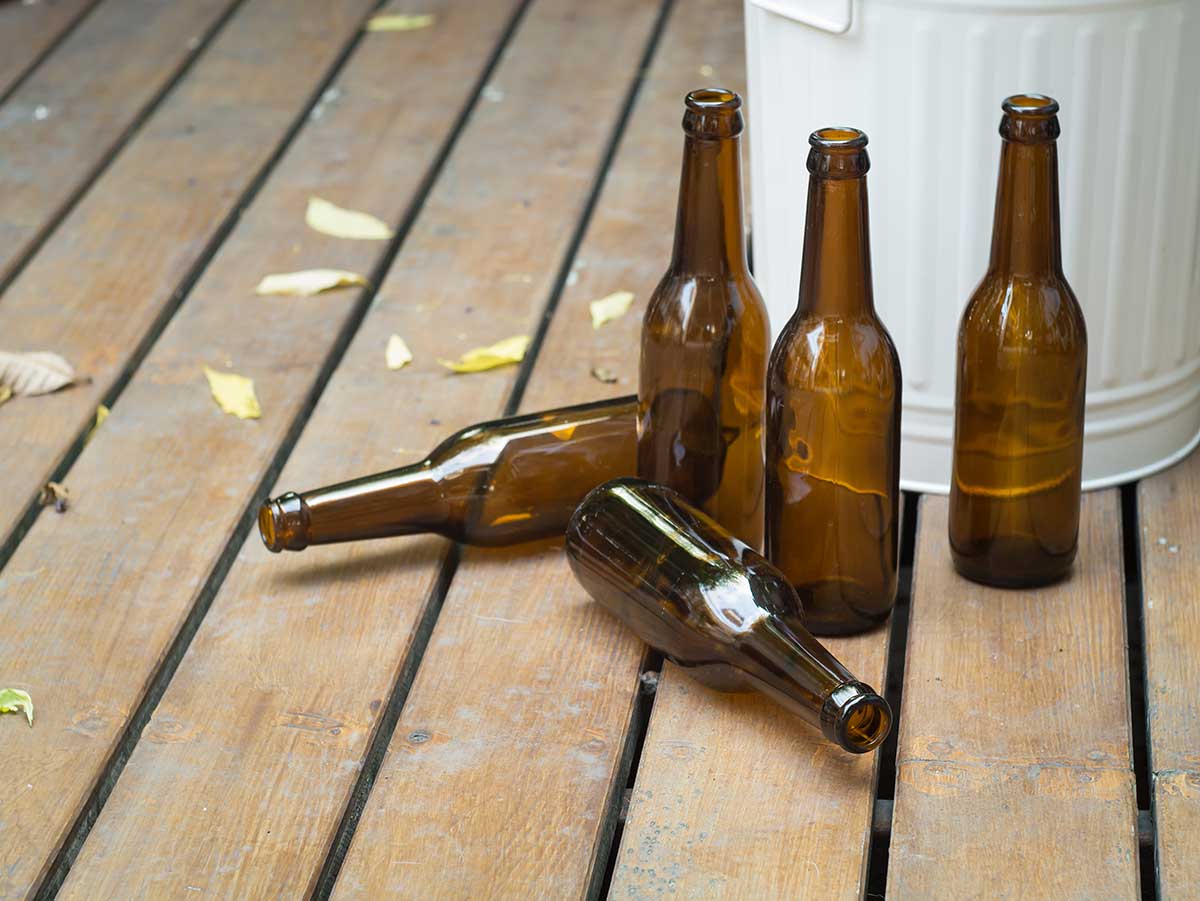Alcohol abuse is among the most widespread habits in the world. Being a legal substance in the US, alcohol is readily accessible and widely accepted as part of nearly all social gatherings. Studies reveal that most Americans aged above 18 years admit to drinking alcohol at some point in their lives. Despite the misconception that moderate drinking cannot harm your health, regular consumption leads to alcohol tolerance. Midwest Recovery Center reveals how you could be building a tolerance to alcohol without being aware. Call 833.627.0039 today if you are concerned about alcohol tolerance in yourself or a loved one.
Tolerance and Alcohol Use Disorders
An alcohol use disorder occurs when an individual has an uncontrollable urge to consume alcohol. If you suffer from such a condition, you will find yourself putting aside your productive activities to create time for drinking. Any attempts to quit results in withdrawal symptoms because your functionality has become dependent on alcohol. Therefore, alcoholism results from building a tolerance after long-term consumption.
Tolerance occurs when you consume more alcohol volumes to achieve similar effects as before. As a result, you will start believing that failure to drink alcohol will interfere with your ability to function optimally. However, tolerance indicates future problems, including addiction and physical health issues.
Experts note that people have different experiences when it comes to alcohol use. For example, you may need to have several drinks before experiencing similar effects that another person can achieve with fewer drinks. Individuals with low-alcohol sensitivity are more vulnerable to developing tolerance and alcohol use disorders than their counterparts.
What Is Functional Tolerance?
It is a type of alcohol tolerance where your brain adapts to function in the presence of alcohol. Individuals who develop functional tolerance can consume significant volumes of alcohol without appearing intoxicated.
Mental health experts concur that functional tolerance develops at different rates for various activities.
The Warning Signs of Alcohol Tolerance
You will know that you have developed a tolerance if you experience any alcohol use disorder’s warning signs. In most cases, alcohol abusers prefer keeping their behaviors secret. As such, they will quickly become violent when a family member or a friend attempts to question their private lives. The aggressive behavior makes it difficult to establish whether an individual is suffering from alcoholism.
However, the most common signs to watch out for include:
- High tendencies for violence, physical aggression, and defense mechanisms when another person tries to intervene
- Appearing intoxicated most of the times
- Lack of motivation and passion in executing daily tasks
- Excessive alcohol consumption without caring about health consequences
- Inability to say no when offered alcohol
- Highly secretive and dishonest
- Ineffectiveness of prescription medications
Treatment of Alcohol Dependence and Addiction
Statistics reveal that tens of millions of Americans battle alcohol use disorders every year. Individuals addicted to alcohol usually live in denial and refuse to accept help, making it difficult for them to visit rehab centers.
If you or your loved ones show any signs of developing a tolerance to alcoholism, reach out to a rehab facility before it deteriorates. The good news is that rehab facilities offer useful alcohol addiction treatment programs, including:
- Partial hospitalization program (PHP)
- Outpatient drug rehab programs
- Family therapy program
- Intensive outpatient program (IOP)
- Cognitive-behavioral therapy (CBT)
- Group therapy program
- Alumni program
Overcome Alcohol Addiction at Midwest Recovery Center
The best way to overcome alcohol tolerance is by checking into rehab for a customized treatment plan. At Midwest Recovery Center, we start with detoxification to enable our clients to safely stop drinking and learn how to manage the withdrawal effects without relapse. Our therapy programs can help you to adjust your behavior and adapt to a life without alcohol. Contact Midwest Recovery Center at 833.627.0039 to get started.







